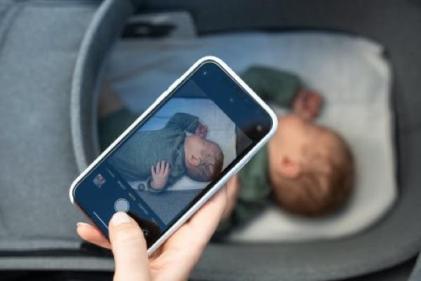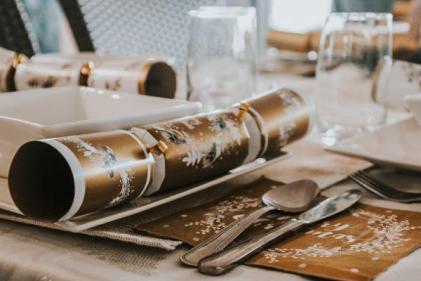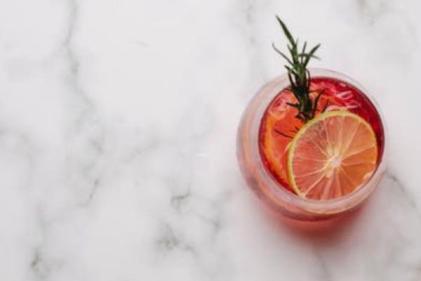Followed carefully, preventative measures similar to those taken by allergy sufferers can prove highly effective in limiting or preventing the onset of eczema symptoms, simply by monitoring the surrounding environment. This approach centres, above all, on limiting skin dryness and avoiding contact with allergens and irritants.
Clothes can be an especially irritable for anyone with a skin condition, so eczema sufferers need to take precautions when purchasing and washing clothes.
- When washing, do not use fabric conditioner or products containing phosphates, and rinse well.
- Opt for clothes made from cotton rather than wool or synthetic materials.
- Wear loose-fitting clothes
Bedtime can be the worst time for scratching, especially for babies. There are specialist baby pyjamas that are available for babies with eczema. If you decide to purchase these pyjamas makes sure they:
- Have stitching on the outside
- Are made from 100% Cotton
-
Cover the feet and hands
- Are easy to take off
Click here to learn about washing and eczema
This article is brought to you by the skin experts from La Roche-Posay






